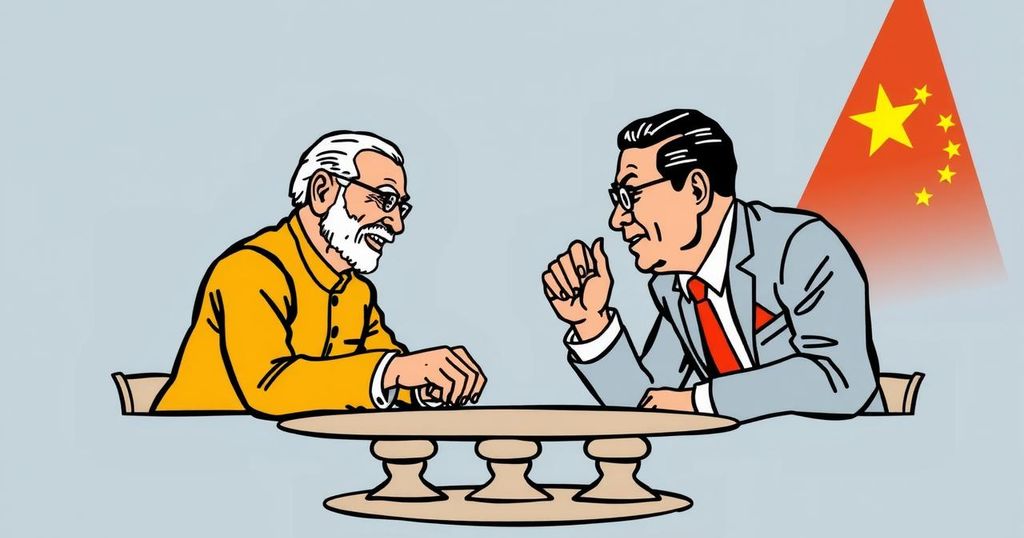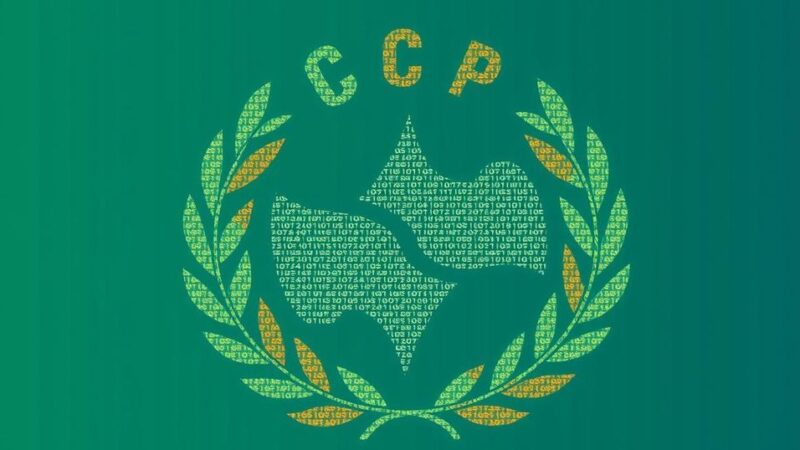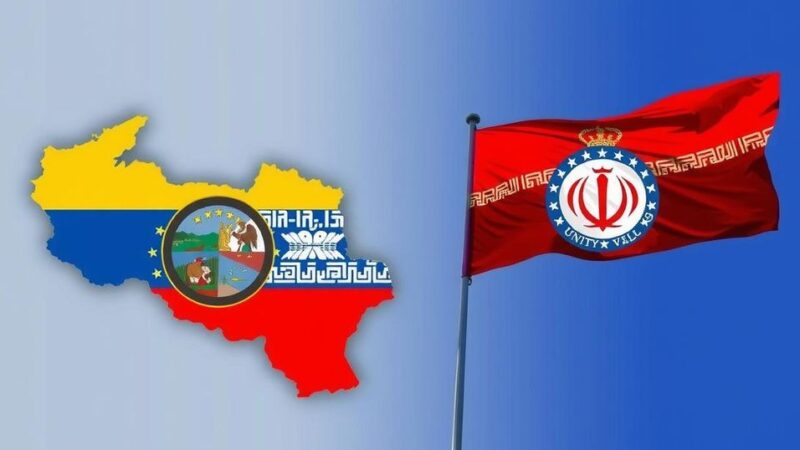Jim O’Neill, former Chief Economist at Goldman Sachs, expressed doubts about the BRICS coalition’s potential to challenge the US dollar, emphasizing divisions between China and India as a major obstacle. He described the BRICS summits as largely symbolic, lacking effective cooperation, and suggested that real progress would only emerge if key members prioritized economic agreements over rivalry. While Russia seeks to establish an alternative payment system, O’Neill remains unconvinced of significant moves towards such transformation without meaningful collaboration amongst BRICS members.
Mr. Jim O’Neill, the former Chief Economist at Goldman Sachs, expressed skepticism about the BRICS coalition’s potential to challenge the dominance of the US dollar, particularly while member nations China and India remain divided. In an interview with Reuters, O’Neill articulated that the perceived threat to the dollar is more of a fanciful notion than a reality. He remarked, “The idea that the BRICS can be some genuine global economic club, it’s obviously a bit out there with the fairies… because it’s obviously not feasible.” O’Neill noted that the BRICS meetings have transformed into symbolic gatherings rather than platforms for substantial economic progress. He criticized their inability to resolve global issues without the involvement of the United States and Europe, stressing that true unity must exist between major powers like China and India to achieve any meaningful coordination. In recent years, tensions between India and China have escalated, particularly after a deadly border clash in 2020, complicating their collaborative efforts. Russian President Vladimir Putin views the BRICS summit as an opportunity to assert Russia’s global standing amidst Western sanctions related to the Ukraine crisis. Despite this, O’Neill cautioned that adding new members, such as those interested in joining BRICS, would only dilute the group’s effectiveness, making consensus even more challenging. Additionally, Russia is advocating for a new payment system to reduce reliance on the dollar and resist Western financial constraints; however, O’Neill reiterated that substantial action has yet to be taken by BRICS nations towards economic cooperation. He concluded by suggesting that if BRICS nations truly aimed to improve their economic tie, they should explore reducing trade tariffs among themselves. In summary, O’Neill stated, “I will take the BRICS group seriously when I see signs that the two countries that really matter – China and India – are actually really trying to agree on things…” Based on current dynamics, BRICS remains an ineffective coalition unless key members recognize the necessity of collaboration.
The BRICS grouping comprises Brazil, Russia, India, China, and more recently, South Africa, and has evolved from informal meetings into a recognized entity aimed at enhancing multilateral cooperation among emerging economies. Despite accounting for significant global population and economic shares, internal discord—particularly between China and India—hinders the coalition’s effectiveness. The discussion surrounding BRICS presents a broader narrative about global economic power dynamics and the desire among its leaders, notably Russia’s Putin, to counterbalance Western influence, especially in light of geopolitical tensions. Moreover, ongoing debates about the relevance of the US dollar and alternative payment systems reflect the complexities of international finance and political alliances in today’s globalized economy.
In conclusion, Jim O’Neill’s insights reveal a critical skepticism towards the BRICS framework as an alternative to the US dollar, primarily due to the lack of cooperation between pivotal member nations, China and India. The current geopolitical landscape challenges the BRICS coalition’s aspirations for influence, particularly under the shadow of existing tensions and the ongoing relevance of traditional powers like the US. Without genuine commitment to collaboration and shared objectives among its members, BRICS risks remaining a symbolic entity rather than a robust global economic force.
Original Source: www.ndtv.com






